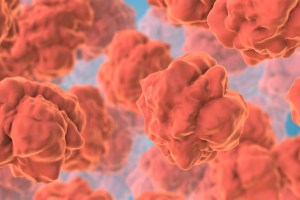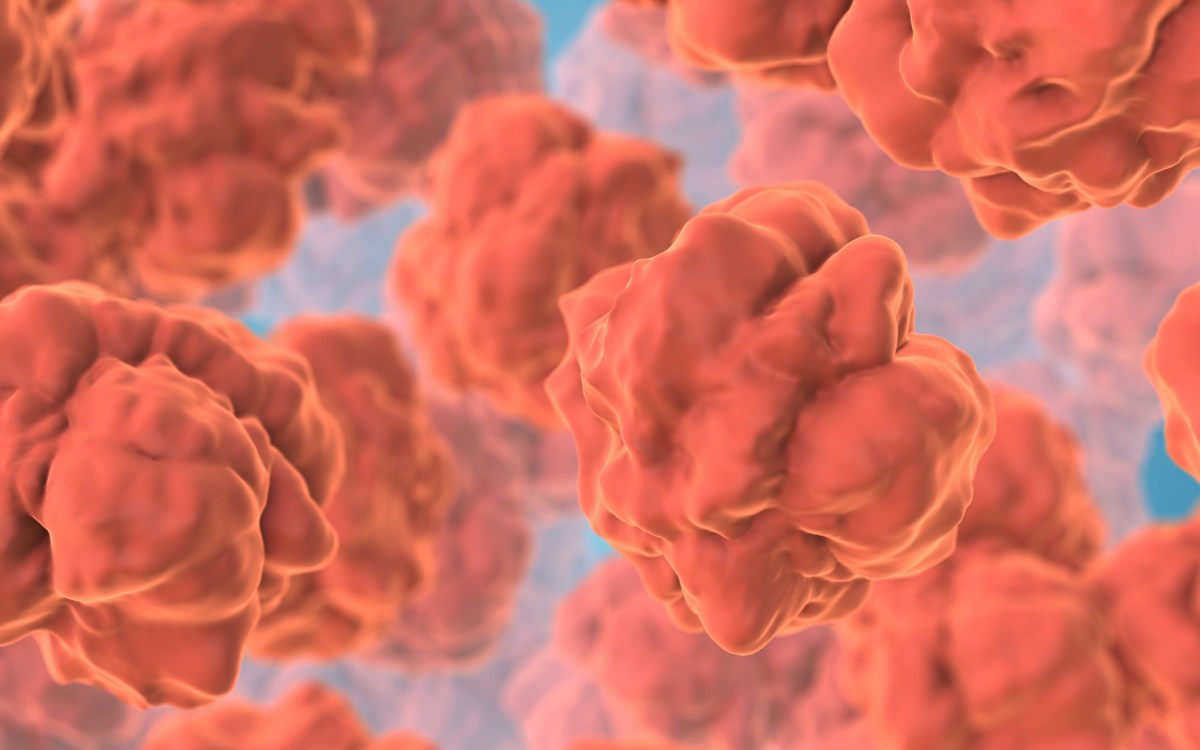John Passanese eyes the alternatives
Yoga is a popular activity for many Harvard undergraduates looking to stay fit or reduce stress. For John Passanese, a Lowell House senior, yoga has additional importance — it can be an excellent tool for managing chronic pain.
For more than 20 years, Passanese’s mother has suffered from multiple sclerosis (MS), a neurodegenerative disease that attacks the body’s central nervous system. MS can cause a range of debilitating symptoms, including cognitive disabilities, paralysis, loss of vision, and chronic pain. There is no known cure.
Watching his mother struggle with the symptoms of MS was excruciating for Passanese, a soft-spoken biology concentrator from Niagara Falls, N.Y. When conventional medical therapies proved unable to ease his mother’s pain, Passanese began to explore alternative medicine as a supplemental approach to symptom management.
“I have always been interested in medicine because I was curious to know why she stayed sick and why no one could seem to help her,” says Passanese.
Recently, however, his interest has expanded to include alternative therapies such as yoga, acupuncture, and herbal remedies. As a sophomore, Passanese took a course on mind-body medicine at Harvard Medical School, which sparked his interest in yoga. That summer, he submitted a research proposal and received funding to travel to the All-India Institute of Medical Science in New Delhi, where he worked with the head of the physiology department and studied the philosophy of yoga. Following his research in New Delhi, Passanese spent several months in Bangalore becoming a certified yoga instructor.
Upon his return from India, Passanese elected to take a leave of absence from Harvard. He spent the next year and a half at home in Niagara Falls, providing assistance to his mother and coaching her in yoga techniques.
“She found it very helpful to practice meditation and breathing exercises,” Passanese says. “Yoga is all about finding serenity in uncomfortable positions — an ethos which is especially applicable to someone suffering from a chronic disease.”
Though some might balk at taking such a long break from college, Passanese had no reservations.
“My mom has been a great motivator and teacher,” he says. “It is humbling, motivating, and satisfying to be able to support her.”
In addition to yoga, Passanese is fascinated by traditional Chinese medicine (TCM). A second research grant allowed him to spend a summer studying acupuncture at the China Academy of Traditional Chinese Medicine in Beijing.
“It is such a different system of medicine, so steeped in Chinese culture,” Passanese says. “It was a fruitful exercise for me to suspend any prior judgment I had and to evaluate the system without Western preconceptions.”
Just as he did with yoga, Passanese shared his discoveries with his mom upon returning home.
“It takes years of training as a TCM doctor to learn the nuances of acupuncture,” Passanese says, “so I don’t personally practice. But it was important to me to be able to refer my mom to effective acupuncturists, to be knowledgeable about the techniques, and make sure she was in safe hands.”
Passanese resumed his undergraduate studies in January 2006, selecting a concentration in molecular and cellular biology. His passion for medicine confirmed, Passanese made plans to apply to medical school and began working in an MS-focused immunology lab at the Brigham and Women’s Hospital Center for Neurologic Diseases.
“I really enjoy immunology research because the field is well-established,” says Passanese. “There are many tools that enable us to get into the nuts and bolts, the mechanism and action of MS. It’s fascinating and just a great field for a young scientist to be in.”
This spring, Passanese completed his senior thesis on a novel candidate drug for MS. The drug impacts microglia cells, the immune cells of the central nervous system, which in certain circumstances turn pathogenic and lead to MS.
“Microglia cells are like the Jekyll-and-Hyde of the central nervous system,” says Passanese. “Normally, they serve a protective function, helping to deal with injury or trauma to the brain. But in chronic diseases they take on a completely different role. We are trying to see if we can skew the cells back to get a permanent ally in the brain.”
Passanese says his mom enjoyed learning about the research.
“She loves to hear what I am working on,” he says. “It’s refreshing for her to have as much information as possible — doctors can sometimes unnecessarily dumb things down. Together, we draw detailed diagrams so she knows exactly what is going on in her brain.”
Several of those hand-drawn diagrams illustrated the final version of Passanese’s thesis.
“It was nice to have my mom involved,” he says.
Passanese is eager to strike a balance between alternative medicine and more conventional approaches. He started the Integrative Medicine Society at Harvard to create a forum for discussion and debate, a collaborative place to do what Passanese says he has had to “do on [his] own the past four years.”
“We meet to go over recent publications, to stay informed, and to develop a sense of where the research is headed,” he says. “Very early on, Americans become indoctrinated with the idea that certain medicines are taboo or wacky — and often that is completely unfounded. It is important to stay open-minded.”
Though Passanese graduates from Harvard College today, he is staying in the University family — he will start working towards his M.D. at Harvard Medical School (HMS) next fall.
“I am so excited to study at HMS,” Passanese says. “I hope to specialize in neuro-immunology and continue working with MS patients.”
The past five years have been busy and challenging for Passanese, but he is more than ready for the med school grind.
“I live by a different standard. It is difficult to be satisfied if you get an ‘A’ or win a scholarship, because she still suffers — and countless others do, too,” says Passanese. “There is a sense of immediacy, the notion that it is always time to get back to work.”





